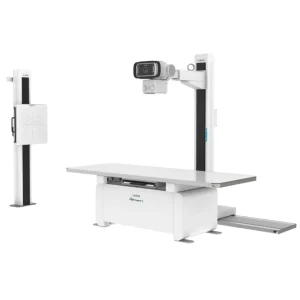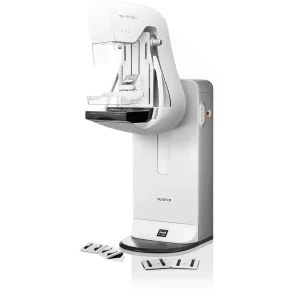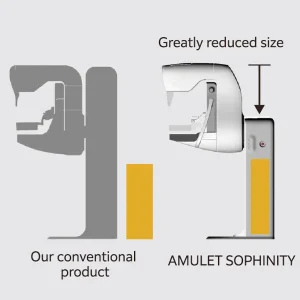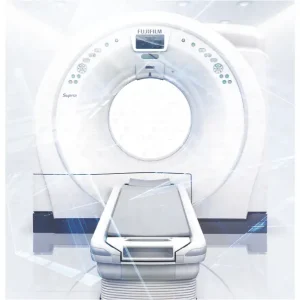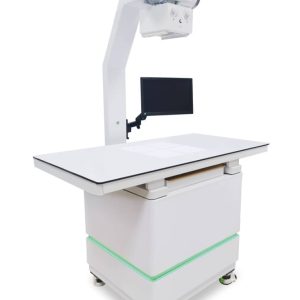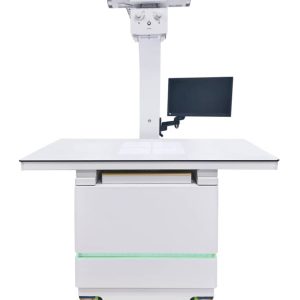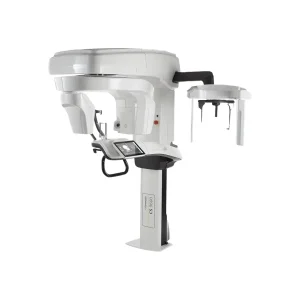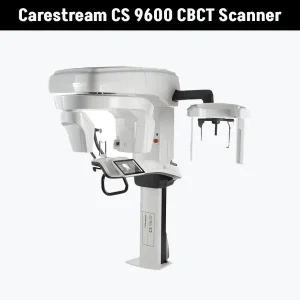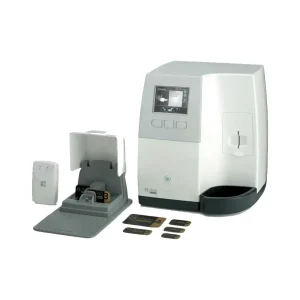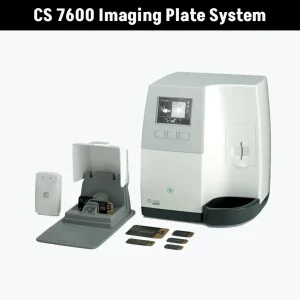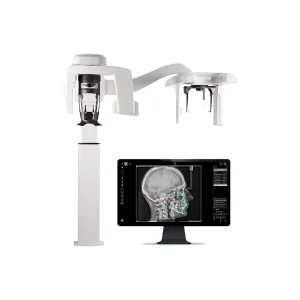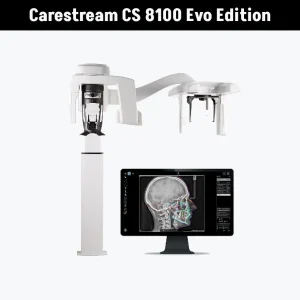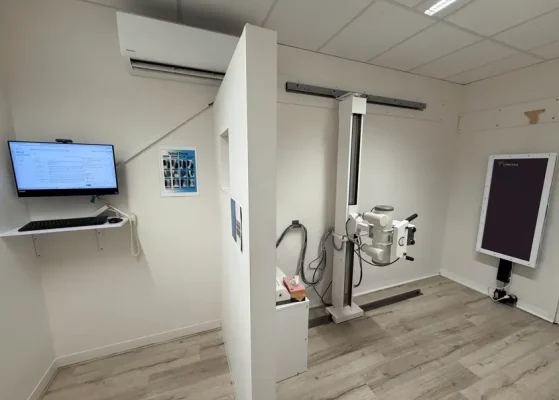Home » Who Can Legally Operate X-Ray Systems in Australia?
A guide to operating an x-ray system in Australia
Strict regulatory frameworks govern the operation of x-ray systems in Australia. These rules exist to protect patient safety, manage radiation exposure, and ensure legal compliance. Every healthcare business must understand who is authorised to use x-ray equipment and under what conditions.
At Medic Cloud, we often see confusion around this issue. This guide clears up those misunderstandings and outlines key responsibilities.

Sam, Medic Cloud Managing Director
Not everyone can operate an x-ray system
Australian law classifies x-ray systems as radiation-emitting medical devices. Only individuals with a valid Use Licence, issued by their state or territory’s radiation authority, may legally operate them. These licences are non-transferable—you cannot use someone else’s licence, even if they supervise you.
Common roles and their eligibility
Let’s clarify who can—and cannot—operate an x-ray system in clinical and veterinary settings:
| Role | Permitted to Operate? | Conditions |
|---|---|---|
| Radiographers | ✅ Yes | Must hold a valid diagnostic radiography use licence. |
| Radiologists | ✅ Yes | Must hold a valid licence; often work under a medical practice licence. |
| Chiropractors | ⚠️ Sometimes | Permitted in some states with specific training and licensing. |
| Dentists | ✅ Yes | Must hold a dental radiation use licence. |
| Dental Nurses | ⚠️ Restricted | May operate intraoral systems in some states under supervision with a valid licence. |
| Veterinary Surgeons | ✅ Yes | Must hold a veterinary use licence. |
| Vet Nurses | ⚠️ Restricted | Conditions similar to dental nurses; licence required. |
| Service Technicians | ❌ No | May test equipment only with specific authorisation. |
| IT Technicians | ❌ No | Cannot operate or configure radiation-emitting systems. |
| Reception/Admin | ❌ No | Prohibited from operating equipment under all circumstances. |
| Trainees/Graduates | ❌ No | Must hold their own licence before operating equipment. |
Electricians and x-ray systems – know the legal limits
A common misconception is that general electricians can install or modify x-ray systems. This is incorrect and illegal unless the electrician holds a radiation apparatus licence or works under an authorised radiation service agreement.
X-ray systems fall under the category of prescribed radiation apparatus. Only licensed professionals with radiation-specific training can install, configure, or service this equipment. General electricians must not attempt to work on these systems without proper authorisation.
The consequences are serious: under the Radiation Control Act, unauthorised work on radiation equipment can result in penalties of up to AUD $924,000 per breach.
If you’re an electrician or IT technician researching this issue, remember: X-ray systems are not standard electrical devices. They are highly regulated medical systems designed to protect patients, staff, and the public from ionising radiation risks.
“It’s just one x-ray” is not a valid excuse
Some clinics allow unlicensed staff to perform X-rays under the assumption that it’s safe if a licensed person is present, or if the staff member has applied for a licence and is awaiting approval. This approach is non-compliant and legally unacceptable.
“You must not operate under someone else’s licence. Each operator must hold their own valid use licence.”
— Radiation Control Legislation, various Australian states
Operating without a valid licence exposes your clinic to heavy fines, liability, and insurance issues.
X-ray systems we offer at Medic Cloud
Where to apply for a use licence
Each state and territory has its own licensing authority. Here’s where to apply:
| State/Territory | Licensing Body & Website | Contact |
|---|---|---|
| NSW | EPA – Radiation Control | epa.nsw.gov.au |
| VIC | Department of Health – Radiation Safety | health.vic.gov.au |
| QLD | Radiation Health – QLD Health | health.qld.gov.au/radiationhealth |
| SA | SA Health – Radiation Licensing | sahealth.sa.gov.au |
| WA | Radiological Council of WA | radiologicalcouncil.wa.gov.au |
| TAS | Radiation Protection Unit – Department of Health | health.tas.gov.au |
| ACT | Environmental Health – ACT Government | health.act.gov.au |
| NT | Department of Health – Radiation Protection | health.nt.gov.au |
Common Use Licence Types in Australia
| Licence Type | Typical Holders |
|---|---|
| Diagnostic Radiography Licence | Radiographers, Radiologists |
| Dental X-ray Licence | Dentists, Some Dental Nurses |
| Chiropractic X-ray Licence | Chiropractors (varies by state) |
| Veterinary Diagnostic Licence | Veterinarians |
| Temporary Graduate Licence | Trainees awaiting registration |
| Service Testing Authorisation | Engineers/Technicians (non-clinical use only) |
Industry bodies and regulatory support
| Profession | Governing or Support Body | Website |
|---|---|---|
| Radiographers | Medical Radiation Practice Board of Australia | medicalradiationpracticeboard.gov.au |
| Radiologists | RANZCR – Royal Australian and NZ College of Radiologists | ranzcr.com |
| Chiropractors | Chiropractic Board of Australia | chiropracticboard.gov.au |
| Dentists | Dental Board of Australia | dentalboard.gov.au |
| Veterinarians | Australian Veterinary Association | ava.com.au |
Final thought – legal operation is a shared responsibility
No matter how experienced or familiar a staff member may be, they cannot legally operate an x-ray system without their own valid use licence. It is never acceptable to operate under someone else’s licence or assume an IT or electrical professional can handle radiation equipment without the proper authorisation.
At Medic Cloud, we strongly encourage all clinics to audit internal workflows and confirm every operator and service provider meets legal requirements. We’re here to help ensure your compliance and support you in delivering safe, lawful care. Call us today at 1300 658 103 for more information.
Read more blogs

Subscribe to Medic Hub
Get the latest insights direct to your inbox.

